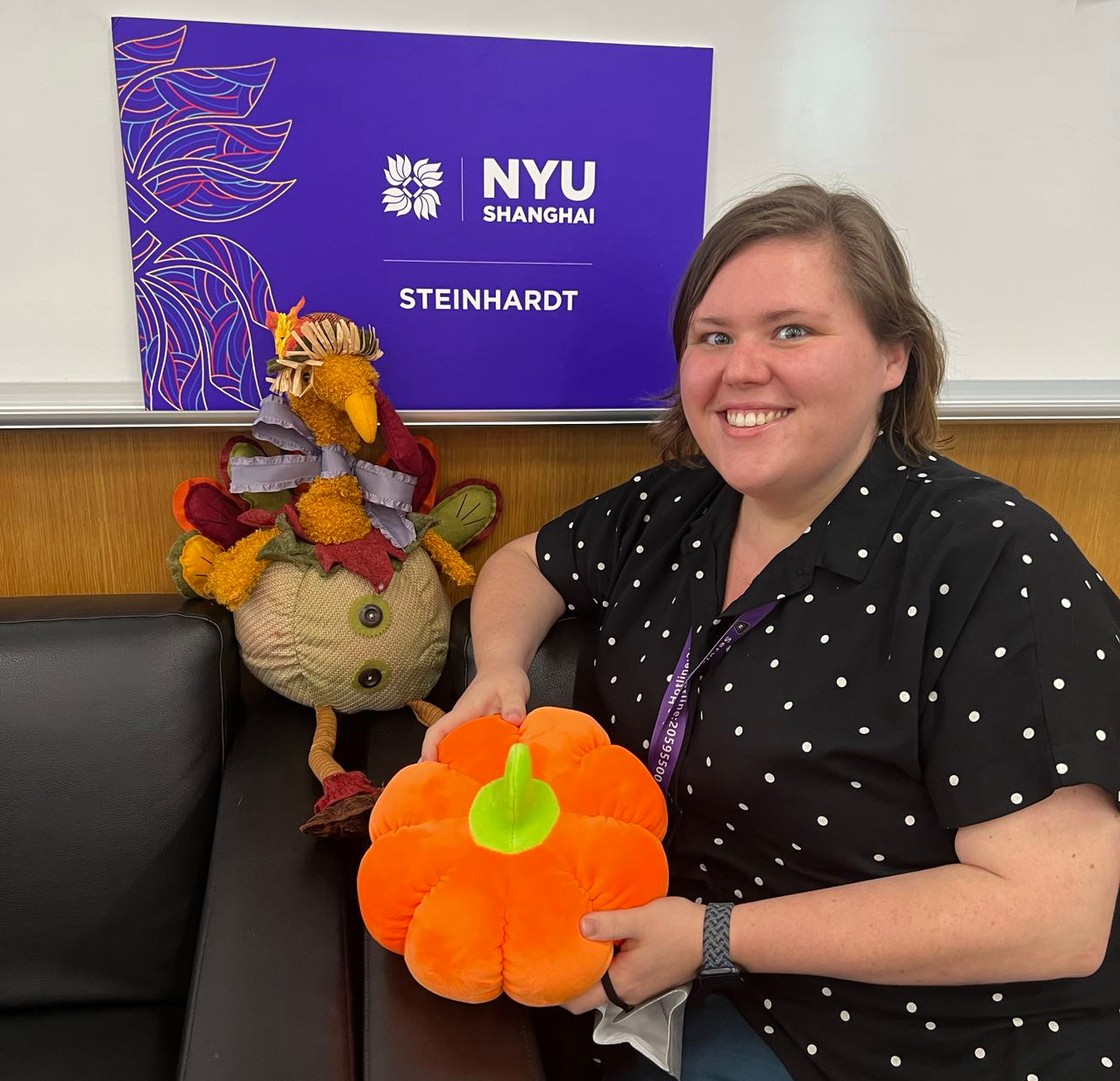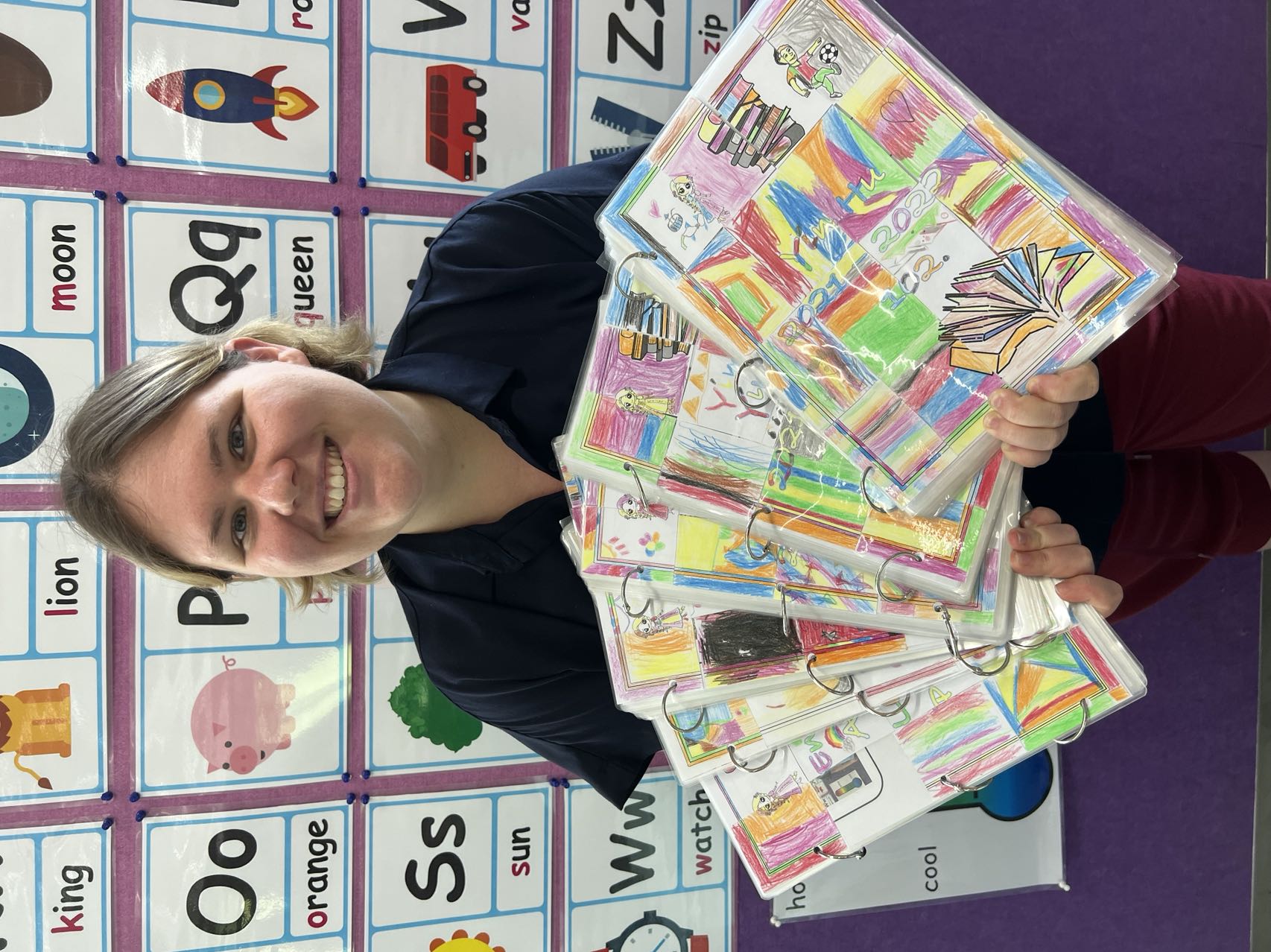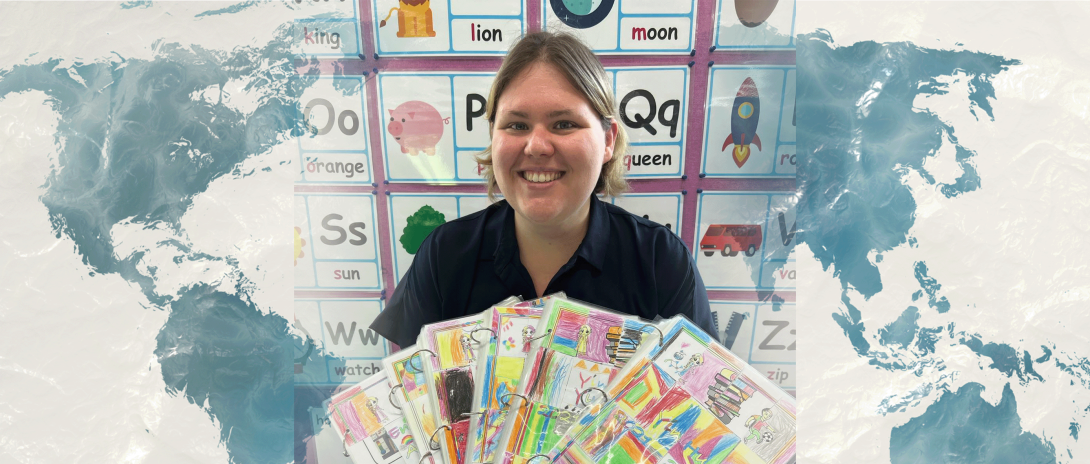Jessica Nestell ‘23 is a second year student at the MA TESOL program, which is jointly established by NYU Shanghai and the NYU Steinhardt School of Culture, Education, and Human Development. After an interest in travel developed into a passion for teaching, her career has taken her from Hungary to China and now the TESOL program.
The first time Jessica Nestell sat on a plane, she was twenty years old. Growing up in Ulster, New York - a small town with a population of around 12,000 - she was the first person in her family to even own a passport. It was only in college that she got the opportunity to travel for the first time.
When graduation came, the idea of teaching didn’t cross her mind. All she knew was that she didn’t want to move back to her hometown to work.
Her interest in travel led to a professor suggesting that she teach English abroad after graduation. “I remember looking at him being like, ‘What does that even mean? How does someone do that?’” Nestell recalled.
However, her professor’s words planted a seed. With his help, Nestell found a job teaching English in Hebei. After Hebei, Nestell’s career took her to Germany, where she earned her Certificate in Teaching English to Speakers of Other Languages (CELTA), then to Hungary, where she taught for five years. Along the way, teaching transformed from a way to travel and see the world into a lifelong passion.
“I was really fortunate that the first school I worked at in Budapest, Hungary had some great mentor teachers there who had been teaching for many, many years, and who would talk through anything with me anytime,” shared Nestell.
“Just being able to really grow there as a teacher really sparked my actual passion for it, and it became more of something that I really enjoyed. And I wanted to continue doing it, not just because I can travel.”

To Nestell, languages are more than just subjects to be studied. Instead, language can be used to perceive, understand, and interact with the world around her. Her favorite moments as a teacher are watching her students realize that language can go beyond the classroom.
For this reason, she prefers teaching young children and first-time language learners. “I think the coolest thing to watch is watching the language go from. ‘This is something I am studying and learning,’ to it, actually being a tool that they use.”
Another reason why she enjoys teaching young children is their energy and enthusiasm. “My favorite thing about teaching younger kids is that they’re automatically excited. [...] So you don't have to motivate them to want to learn – they want to. You just have to figure out how you guide their excitement and their motivation, so that it becomes productive.”
After teaching in Hungary, Nestell returned to China in 2019, where she taught at an experimental primary school in Hangzhou. Today, she teaches at an international school in Shanghai.
Nestell credits the TESOL program for giving her the confidence she needed to advance in her career after teaching for close to a decade. Not only did NYU’s reputation give her an edge while applying to jobs, the program also gave her the theoretical knowledge to support her practical experience.
“I had already been teaching for nine years when I started the program, but I never had a background in the theories behind what I had found works in a classroom,” Nestell shared, “ Having a lot of the hands-on experience that I got in the different classes helped me feel confident enough to move into an international school where I knew the level would be different.”
In the second course she took during her study, Nestell learnt about the concept of ‘interlanguage’, which is when a student mixes together elements of their native language and their second language when trying to express themselves. Her excitement at realizing that this theory explained many of her interactions with students across the years affirmed her decision to pursue the MA in TESOL.

Despite her plans to stay in China for the foreseeable future, Nestell’s international experience continues to guide her teaching practice and research. Her own experience learning the language of each country she moves to has allowed her to see from the perspective of her students and empathize with their struggles.
“I've been learning another language since I graduated from my undergrad in 2012. Every time I move to a new place, I'm learning that language. So I can really really resonate with my students when they're like, ‘This is hard.’ I'm like, ‘Yeah, it is.’”
As part of the TESOL program, students are required to work on their own capstone research projects in the second year. Nestell’s experience with learning and teaching foreign languages led to her research in the use of code-switching between students’ first language and their target languages.
“What I’m choosing to focus research on is teachers' perceptions of using languages other than the target language in the classroom. So, for example, in an English class, maybe using a little bit of Chinese,” Nestell elaborated. “There's a lot of use in your first language, or in any previously learnt languages when you go to learn an additional language. But a lot of teachers have either rules telling them they can't, biases against it, or just assumptions that ‘oh, obviously this is bad.’”
Through this research, apart from trying to find out teachers’ perceptions, Nestell also aims to take a look at how teachers’ own experiences dictate their decision to implement or not implement the use of other languages in the classroom.

After she graduates from the TESOL program, Nestell plans to continue doing what she loves most - working with young kids. This time, she hopes to use her degree and experience to become a mentor for other teachers.
“I really do enjoy teaching the younger kids. If anything, I would look more towards leadership roles, working with teachers who were also teaching younger kids, or at least elementary school level. So it's more vertical instead of spanning all over.”


